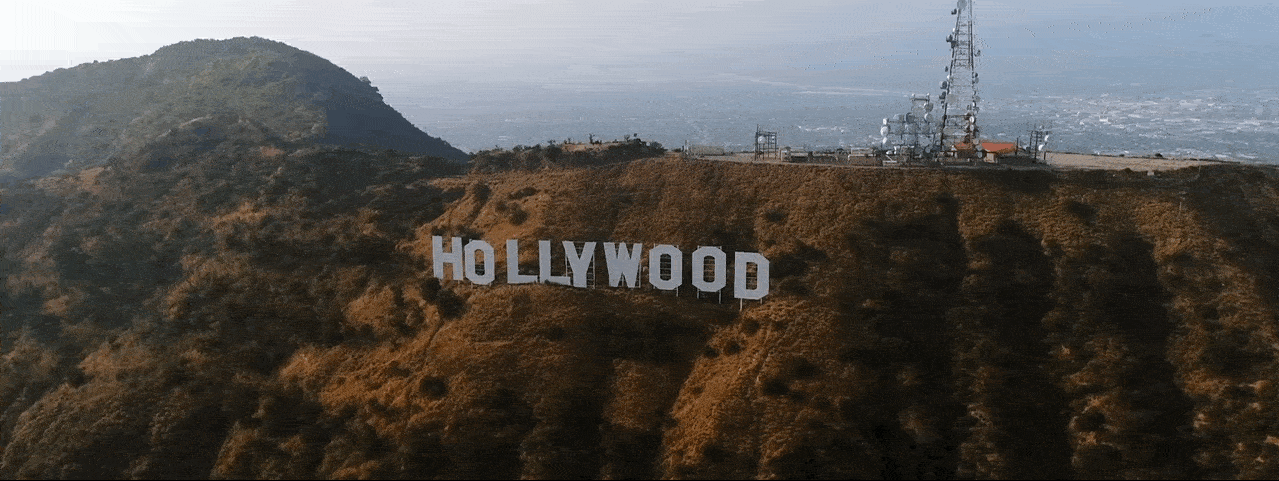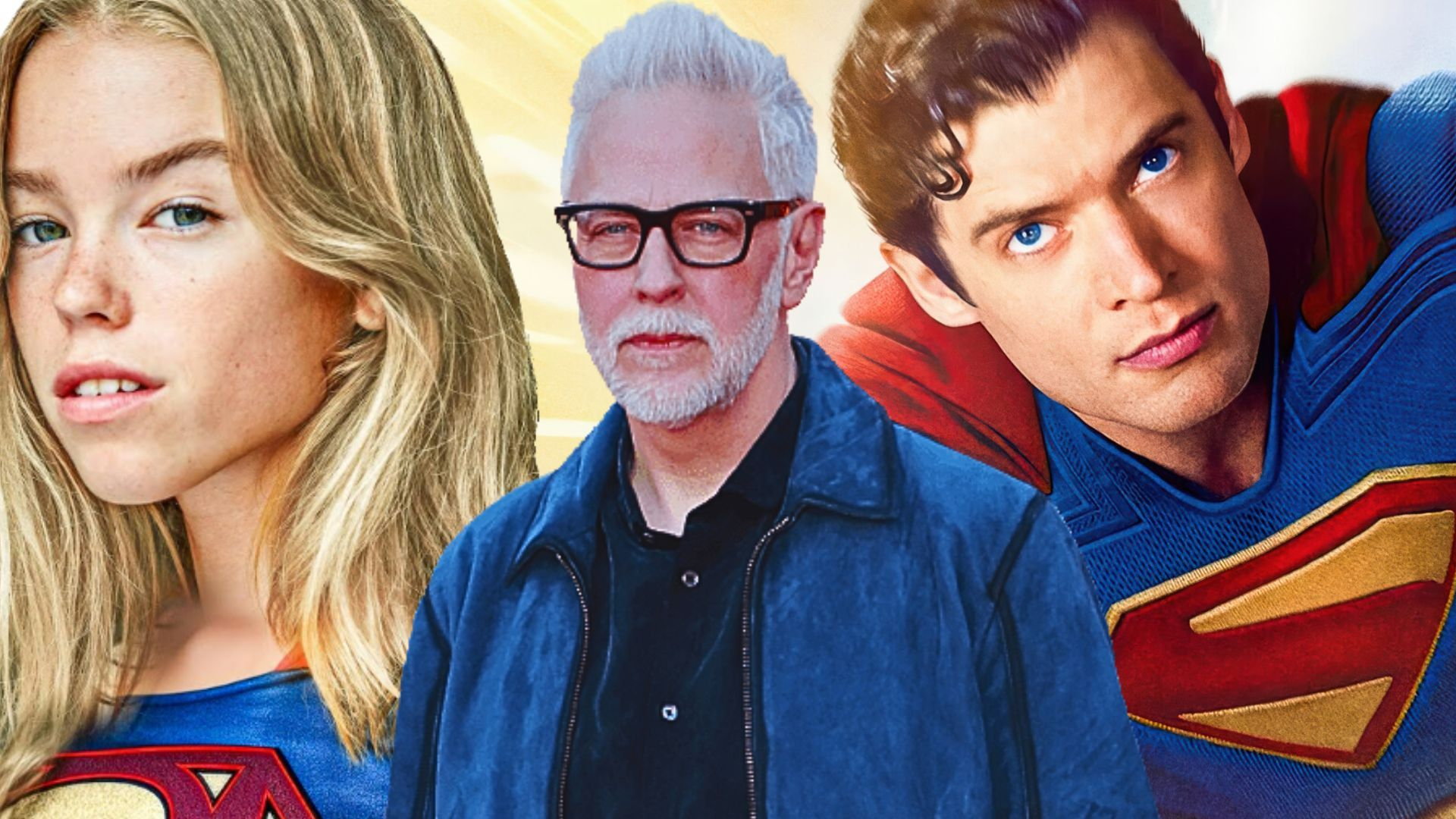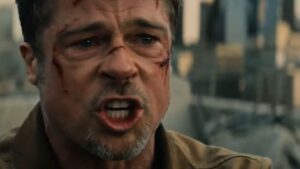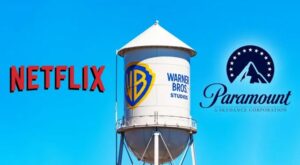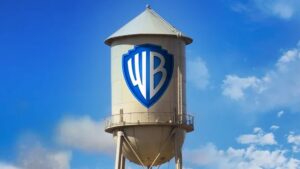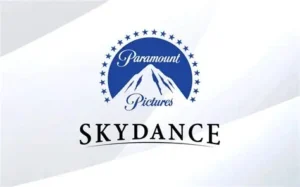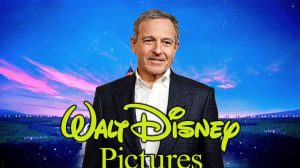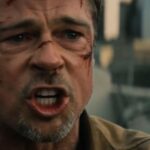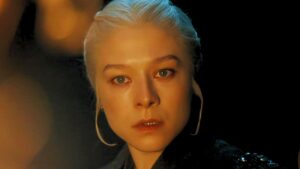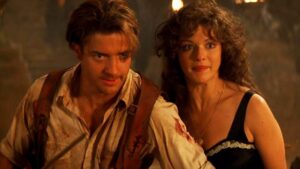A significant industry rumor is gaining traction, suggesting that the tenure of James Gunn and Peter Safran as the heads of DC Studios could be in jeopardy, contingent on a potential sale of parent company Warner Bros. Discovery. This speculation introduces a profound layer of uncertainty over the long-term stability of the newly launched DC Universe, tying its creative future directly to the outcome of high-stakes corporate negotiations.
HOLLYWOOD, CA — The ambitious, decade-long plan to rebuild the DC Universe under the leadership of James Gunn and Peter Safran is facing a potential, and formidable, external threat. According to mounting industry speculation, a corporate acquisition of Warner Bros. Discovery would likely result in the removal of the current DC Studios leadership, a move that would throw the burgeoning cinematic universe into a state of flux.
The logic behind this rumor is not rooted in creative dissatisfaction but in standard corporate practice following a major merger or acquisition. When a company of Paramount’s scale—one of the rumored suitors—takes over another, a full-scale evaluation of all divisions, leadership, and ongoing projects is standard procedure. A new parent company would almost certainly seek to install its own executive team to oversee a valuable asset like the DC intellectual property and would not be contractually obligated to inherit the leadership hired by the previous regime.
This “clean slate” approach is common in such transitions, allowing the new owners to implement their own creative and financial vision for the future.
This speculation comes at a particularly vulnerable time for the new DCU. The first two major projects of Gunn’s “Gods and Monsters” chapter have been met with a challenging reception. The flagship film, Superman, received mixed reviews and, more critically, underperformed at the global box office, failing to reach profitability during its theatrical run. Subsequently, the second season of the streaming series Peacemaker was met with a notably negative fan response for its concluding episode.
For a potential new owner, these early results would be key data points in their evaluation. While the current leadership at Warner Bros. Discovery remains publicly committed to Gunn and Safran’s long-term plan, a new owner would be analyzing the DCU’s performance from a purely objective, results-driven perspective.
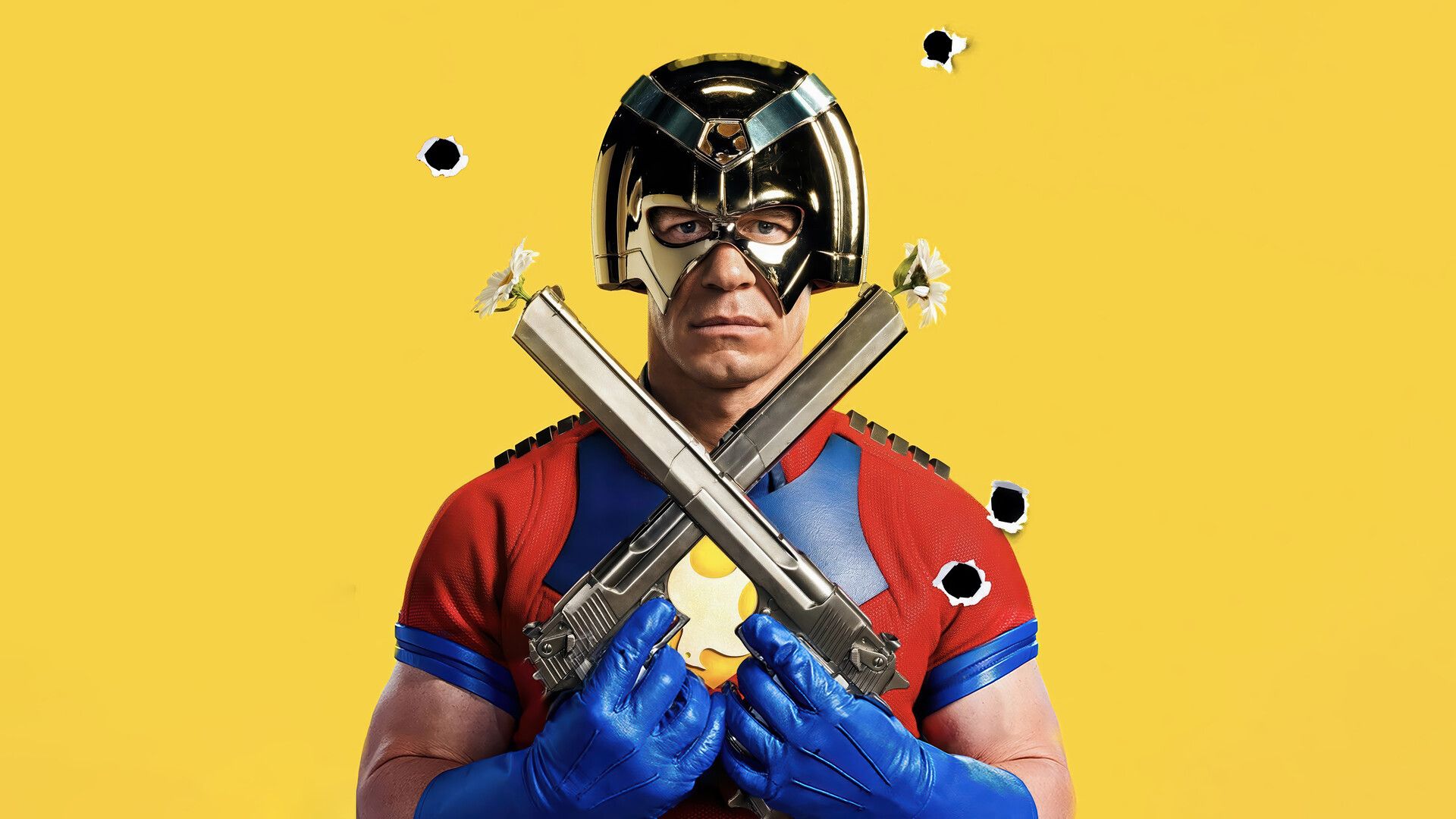
Furthermore, the fledgling nature of the new DCU makes a potential reboot a relatively low-risk proposition for an incoming studio. Unlike a deeply established and successful cinematic universe, Gunn’s DCU is only two projects in. A new leadership team could easily frame these early entries as a “test phase” and pivot to a new strategy without dismantling years of interconnected storytelling. This provides a level of flexibility that would be impossible with a more mature franchise.
If a sale were to occur and a leadership change was made, the implications would be far-reaching. It would almost certainly mean the end of the current 10-year plan, with a new creative architect brought in to chart a different course. This could also open the door to a full recasting of key roles, including the recently established Superman, Lois Lane, and Lex Luthor. A new creative team would have the freedom to redefine the tone and direction of the universe, potentially revisiting the darker, more serious aesthetic that resonated with a significant portion of the fanbase during the Zack Snyder era.
For now, this remains speculation, contingent on a corporate sale that has not been confirmed. James Gunn is currently deep in production, directing the new Superman film and actively steering the ship. However, the persistent rumors of a sale of Warner Bros. Discovery have cast an undeniable shadow over the long-term future of his vision. The fate of the DC Universe may ultimately be decided not in a writers’ room, but in a corporate boardroom.

